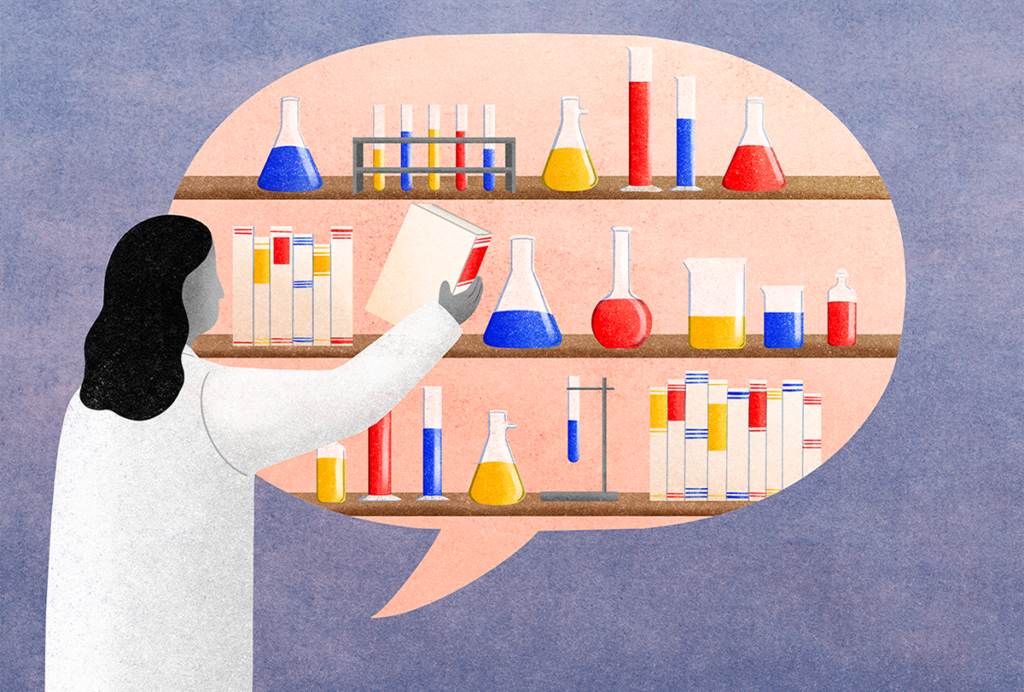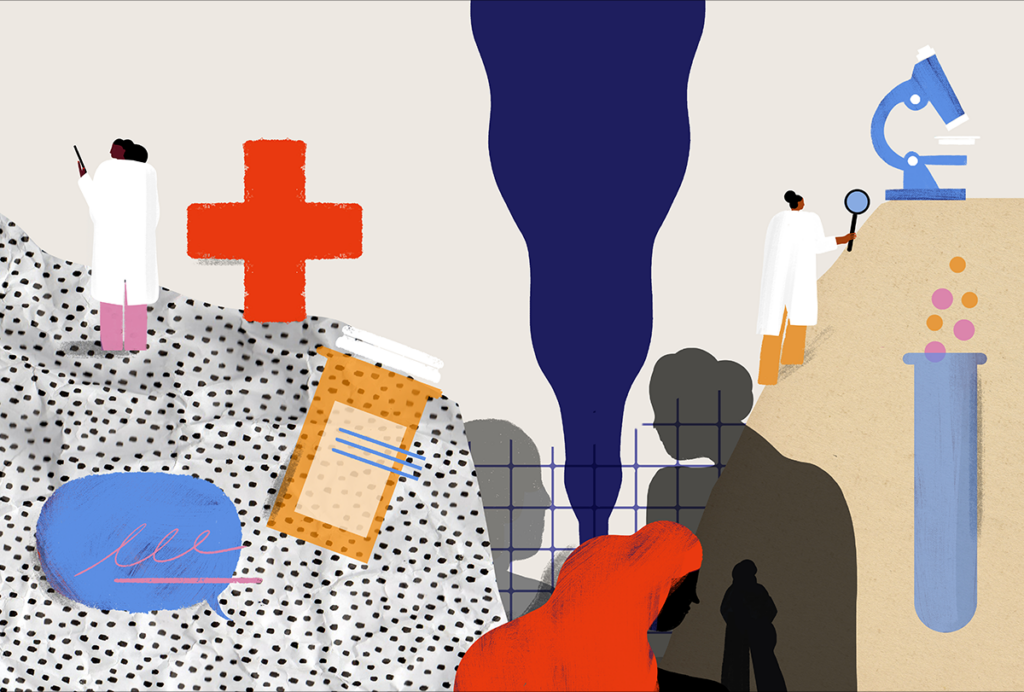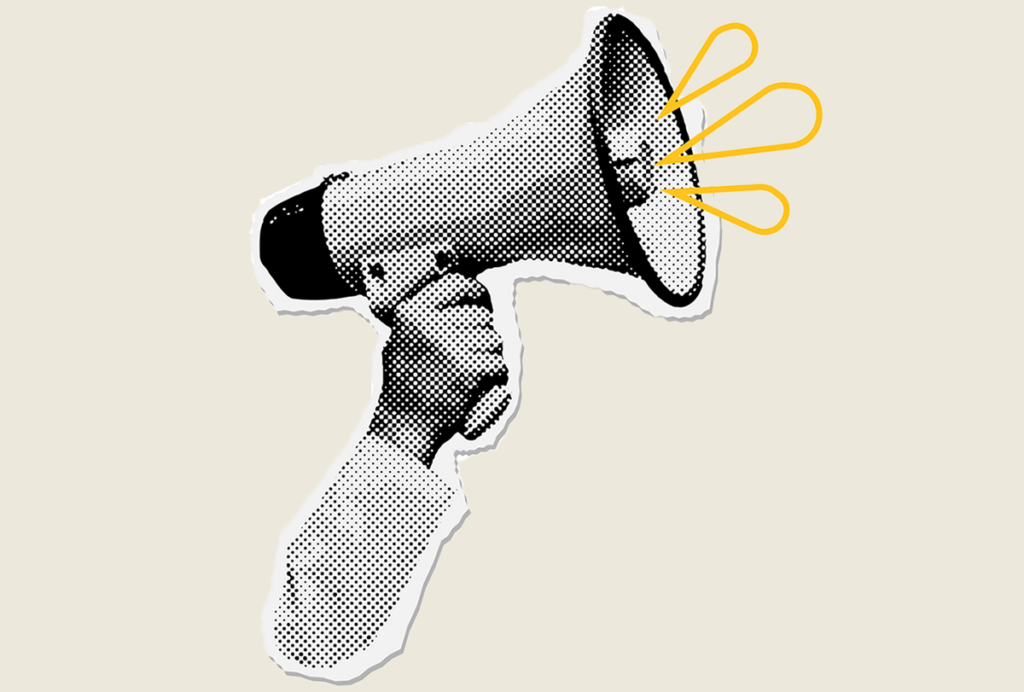Outreach
Recent articles
How to communicate the value of curiosity-driven research
The burden of proof is on us—researchers—to explain why what we do is valuable to society.

How to communicate the value of curiosity-driven research
The burden of proof is on us—researchers—to explain why what we do is valuable to society.
Neuroscientists need to do better at explaining basic mental health research
The knowledge gap between scientists, health-care professionals, policymakers and people with mental health conditions is growing, slowing the translation of basic science to new treatments. Like lawyers learning to present a case to the court, scientists should learn to educate nonscientists about their findings.

Neuroscientists need to do better at explaining basic mental health research
The knowledge gap between scientists, health-care professionals, policymakers and people with mental health conditions is growing, slowing the translation of basic science to new treatments. Like lawyers learning to present a case to the court, scientists should learn to educate nonscientists about their findings.
In your New Year’s resolutions for 2025, consider public outreach
If every person in the neuroscience community committed to doing one thing, imagine the cumulative difference it would make.

In your New Year’s resolutions for 2025, consider public outreach
If every person in the neuroscience community committed to doing one thing, imagine the cumulative difference it would make.
Explore more from The Transmitter
Expediting clinical trials for profound autism: Q&A with Matthew State
Aligning Research to Impact Autism, a new initiative funded by the Sergey Brin Family Foundation, wants to bring basic science discoveries to the clinic faster.

Expediting clinical trials for profound autism: Q&A with Matthew State
Aligning Research to Impact Autism, a new initiative funded by the Sergey Brin Family Foundation, wants to bring basic science discoveries to the clinic faster.
This paper changed my life: Shane Liddelow on two papers that upended astrocyte research
A game-changing cell culture method developed in Ben Barres’ lab completely transformed the way we study astrocytes and helped me build a career studying their reactive substates.

This paper changed my life: Shane Liddelow on two papers that upended astrocyte research
A game-changing cell culture method developed in Ben Barres’ lab completely transformed the way we study astrocytes and helped me build a career studying their reactive substates.
Dean Buonomano explores the concept of time in neuroscience and physics
He outlines why he thinks integrated information theory is unscientific and discusses how timing is a fundamental computation in brains.
Dean Buonomano explores the concept of time in neuroscience and physics
He outlines why he thinks integrated information theory is unscientific and discusses how timing is a fundamental computation in brains.